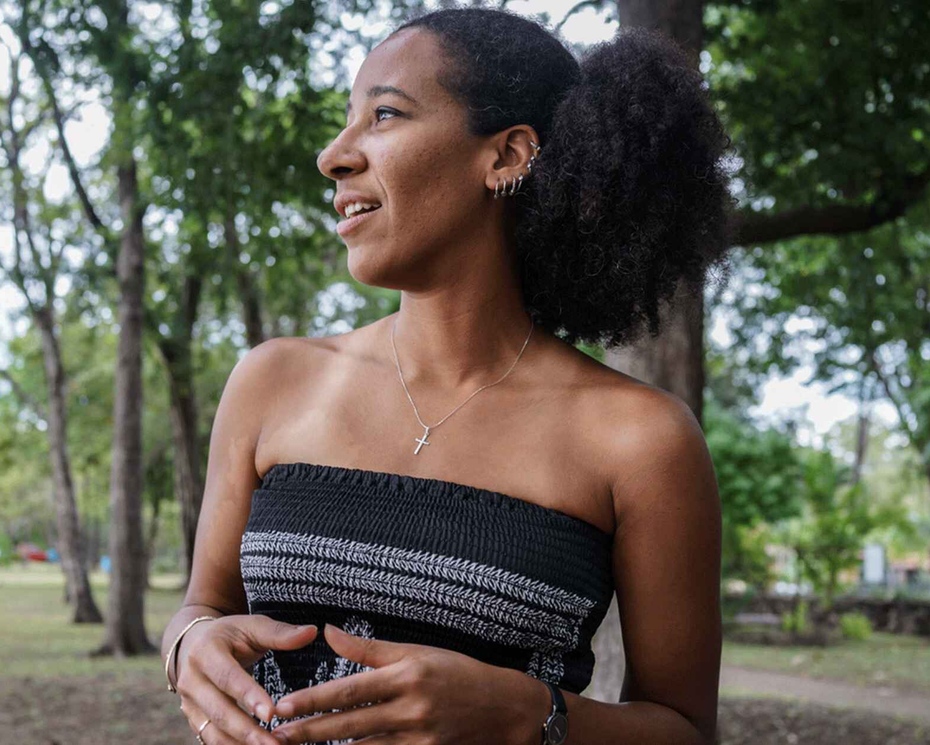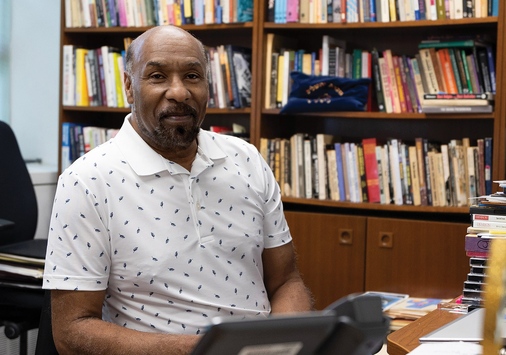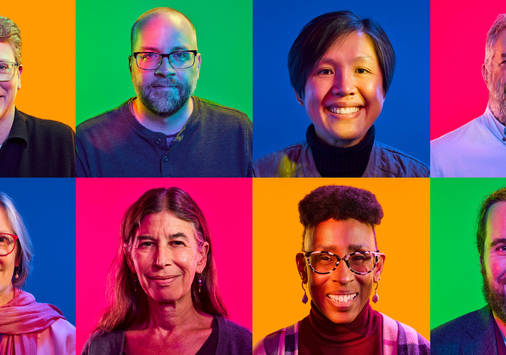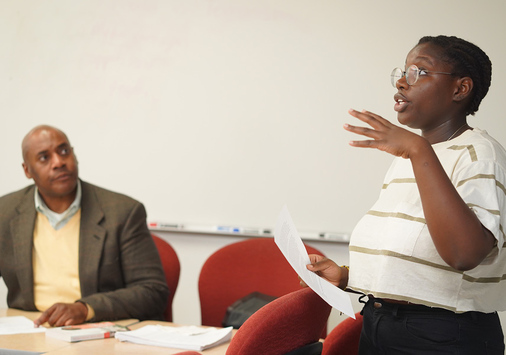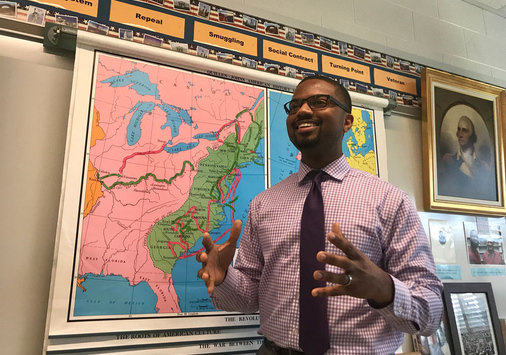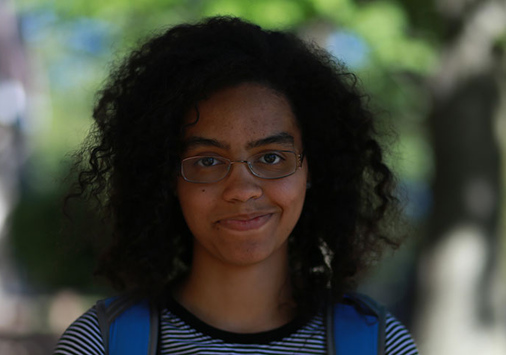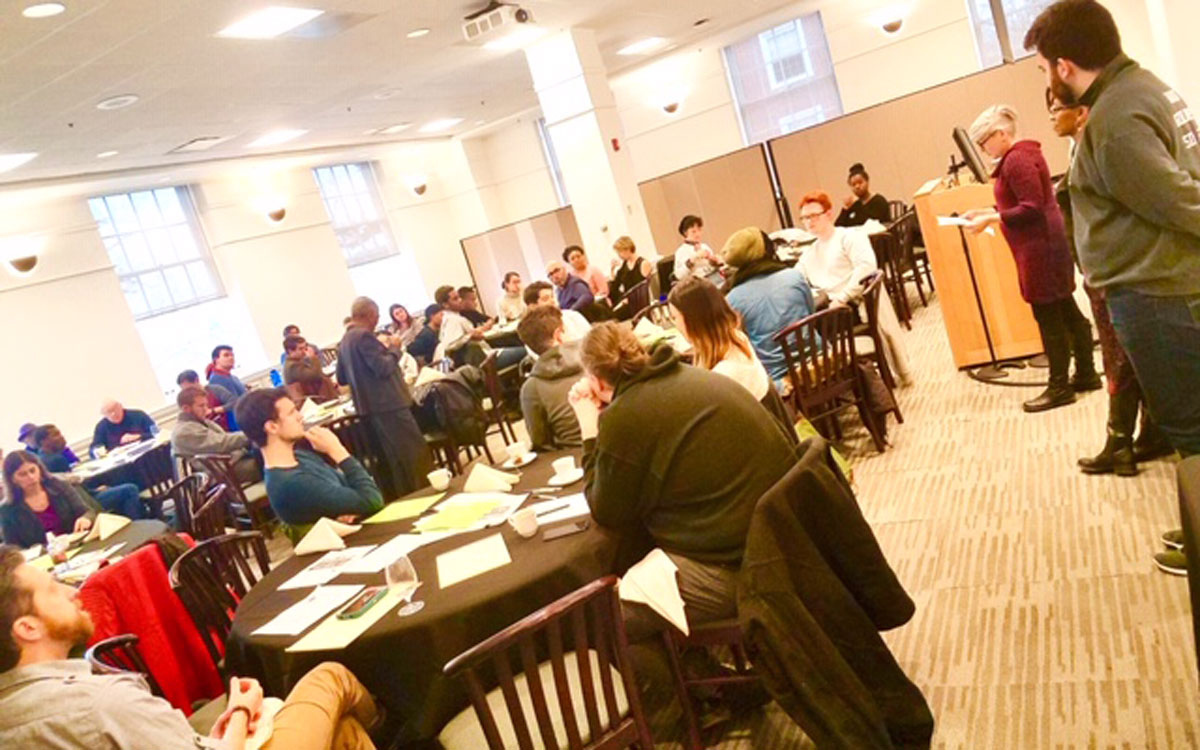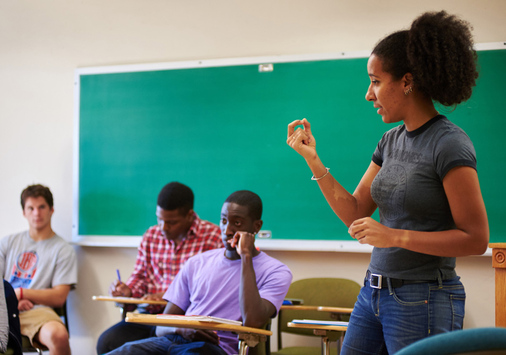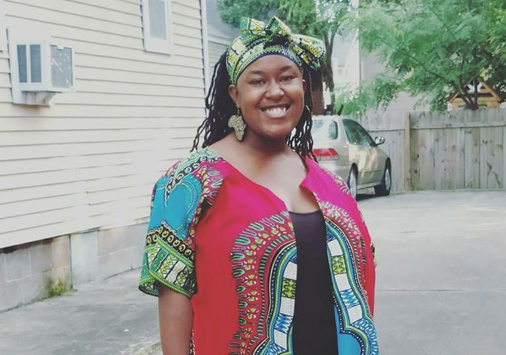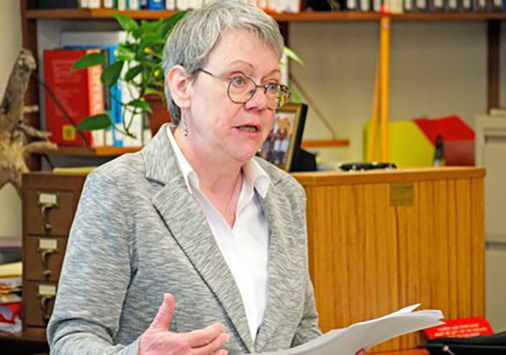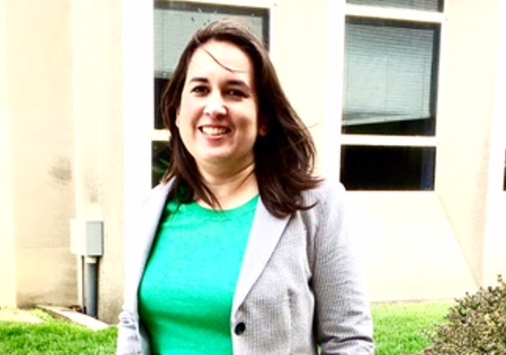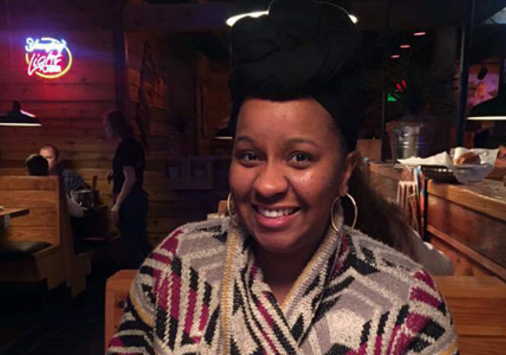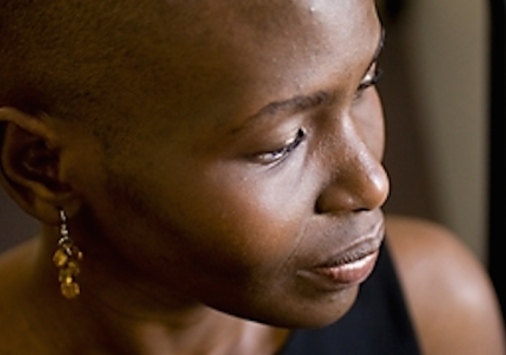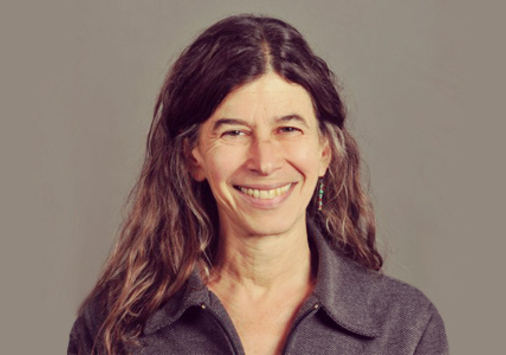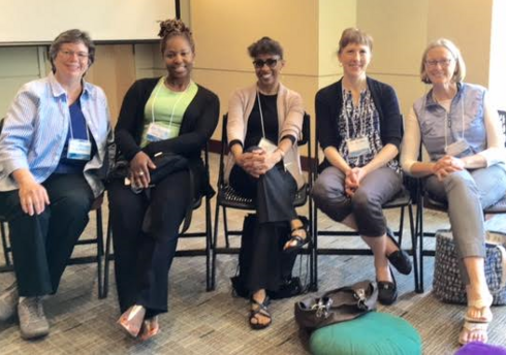On January 28, 2019, The Center for Black Studies in association with the Philosophy Department and the Women’s and Gender Studies Program hosted a workshop entitled “Why Reparations? How Reparations?” as part of Denison’s celebration of Dr. Martin Luther King Jr.’s legacy. The event, which was held in the President’s Room of Huffman Dining Hall, was attended by over fifty participants. The workshop brought together faculty, administrators, community members, and students spanning seven academic disciplines. The structure of the discussion was designed and facilitated by Black Studies student leaders, Philosophy Fellows, and Women’s and Gender Studies Fellows. Discussion was moderated by Dr. Toni King, Director of the Center for Black Studies.
The event was also attended by expert guest Dr. Mary Frances Berry, who served as this year’s keynote speaker. Dr. Berry is a graduate of Howard University and the Geraldine R. Segal Professor of American Social Thought, History and Africana Studies at the University of Pennsylvania. She served as the principal education official in the US Department of Health, Education and Welfare, and in 2013 received the Nelson Mandela award from the South African Government. She is a fellow of the Society of American Historians and the National Academy of Public Administration, and in 2014 was named a Distinguished Fellow of the American Society for Legal History.
Below is the workshop’s prompt for discussion in its entirety:
What should reparations look like? Many have advanced the notion that historically oppressed groups should be given reparations for past injustices. What groups are deserving of reparations and why? What form should those reparations take and who is responsible for them? How far back in history should we look for instances of injustice that deserve reparations? Consider chattel slavery, war/genocide, and current forms of oppression that garner a necessity for reparations.
